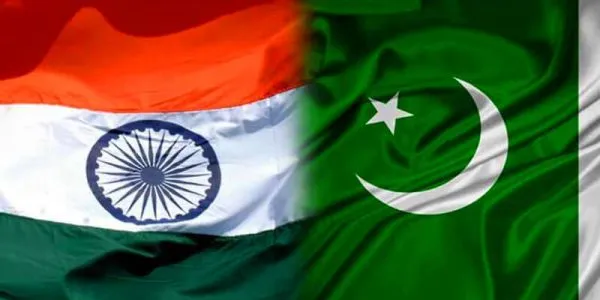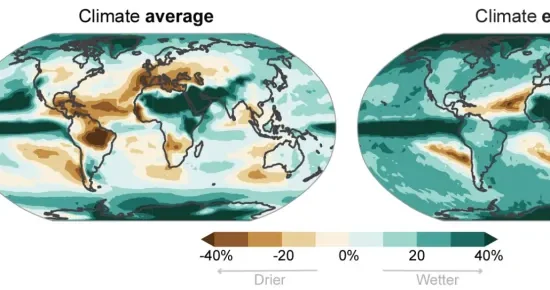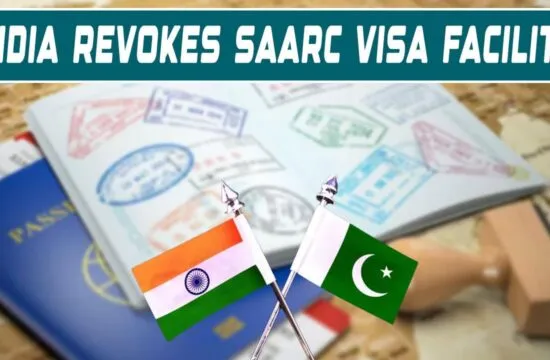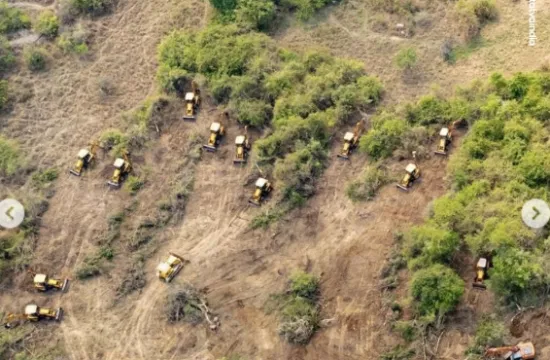The recent terrorist attack in Pahalgam, Kashmir, has once again thrust India and Pakistan into the throes of a diplomatic and military crisis. On April 22, 2025, five militants opened fire on a group of tourists in the Baisaran Valley, resulting in 26 fatalities, including 25 Indians and one Nepali national. The assailants, identified as members of the Kashmir Resistance, an offshoot of the Pakistan-based Lashkar-e-Taiba, targeted the victims with chilling precision, segregating them by religion before executing them. This attack has been described as the most devastating on civilians since the 2008 Mumbai attacks. (after Pahalgam attack in Kashmir …, 2025 Pahalgam attack, 2025 India–Pakistan diplomatic crisis, Indian and Pakistani troops exchange fire after Kashmir attack)
Escalation of Hostilities
In the immediate aftermath, India accused Pakistan of supporting the militants, a claim Islamabad vehemently denies. The situation rapidly deteriorated as both nations took retaliatory measures. India suspended the Indus Water Treaty, revoked visas for Pakistani nationals, closed the land border, and expelled Pakistani diplomats. Pakistan responded by suspending all bilateral agreements, closing its airspace to Indian aircraft, and warning that any interference with the Indus River would be considered an act of war. (Indian officials say troops exchanged fire with Pakistani soldiers in disputed Kashmir, What steps have India and Pakistan taken against each other after the Kashmir attack?)
The United Nations has urged both countries to exercise restraint and resolve matters peacefully. However, with troops exchanging fire along the Line of Control and diplomatic channels severed, the risk of further escalation remains high. (Indian officials say troops exchanged fire with Pakistani soldiers in disputed Kashmir)
Economic and Logistical Fallout
The closure of Pakistani airspace has had significant repercussions on Indian airlines. Carriers like Air India and IndiGo are facing increased fuel costs and longer travel times as they reroute international flights. Approximately 1,200 scheduled flights in April have been affected, leading to operational challenges and financial losses. (Indian airlines to suffer higher costs, detours in ban from Pakistan airspace)
International Reactions
The international community has expressed concern over the escalating tensions. The United States has warned Pakistan that another terrorist attack on India would be “extremely problematic” and could lead to a re-escalation of tensions. The U.S. has also called for “irreversible” actions against terrorist groups operating from Pakistani soil. (US warns Pakistan: Another terror attack on India ‘extremely problematic’ | India News – The Indian Express)
Looking Ahead
As both nations stand at the precipice of further conflict, the path forward remains uncertain. The Pahalgam attack has reignited longstanding grievances and mistrust, underscoring the fragile nature of peace in the region. While diplomatic efforts are crucial, the immediate focus must be on de-escalation and preventing further loss of life. The international community’s role in facilitating dialogue and ensuring accountability will be pivotal in determining the future trajectory of India-Pakistan relations. (2025 Pahalgam attack)






